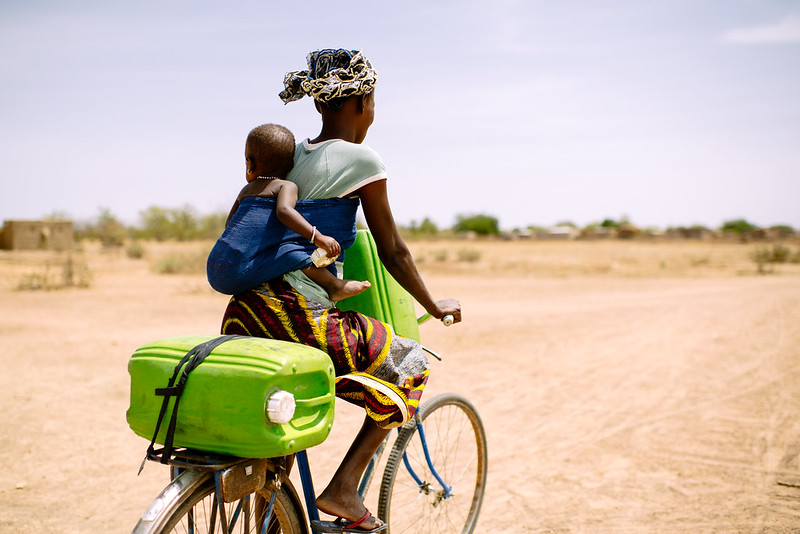Bicycle Relief Offers Opportunities for Women
 World Bicycle Relief is a nonprofit working to provide people with a form of transportation. Six locations are the main focus of their mobilized community programs: Cordoba, Colombia; Siaya, Kenya; Kasungu, Malawi; Mumbwa, Zambia; Chiredzi, Zimbabwe; and Hwange, Zimbabwe.
World Bicycle Relief is a nonprofit working to provide people with a form of transportation. Six locations are the main focus of their mobilized community programs: Cordoba, Colombia; Siaya, Kenya; Kasungu, Malawi; Mumbwa, Zambia; Chiredzi, Zimbabwe; and Hwange, Zimbabwe.
The Way Society Moves
Transportation powers the way society moves, getting people from one place to another in a reasonable amount of time. It is this flexibility that not only provides freedom and convenience in daily life but also boosts development and economic growth. For many people living in rural areas, imited access to vehicles and high costs make it difficult to progress. World Bicycle Relief aims to bridge these barriers by targeting specific areas of this region offering a chance for women to expand their economic opportunities and provide them with a basic means of transportation.
World Bicycle Relief has distributed almost 786,000 bikes since 2005. Its “Buffalo Bike” is the nonprofit’s model, customized to withstand daily use such as handling rough terrain, long distances, and pulling cargo. The bike’s build is stronger than typical road bicycles that are more lightweight. It features steel tubing, heavy-duty spokes and rims, puncture-resistant tires, a rear rack capable of holding 100kg and a durable seat for comfort. After the distribution, locals within these rural areas get mechanics training, using basic tools and locally available spare parts, keeping riders on the move and continuing the program’s progress. There are now more than 3,000 mechanics available.
Gender Gaps and Poverty
Gender gaps put women and girls at a disadvantage early on in their lives trapping them into continuous poverty, limiting their productivity and potential. In sub-Saharan Africa, 37% of women were married or in a union before the age of 18 and girls are more likely to drop out of school than boys. More than half (56%) of urban women and girls live in slum conditions, where they lack access to clean water or suitable housing conditions. Approximately 980 million women do not have access to financial services walking long distances to work and school. Work inequalities also limit opportunities, as many women earn income by selling goods and produce.
Within the household women often take on the domestic role spending more on transport costs because they make more trips to and from their local markets to provide for their families. There are additional challenges for expecting mothers and mothers with young children as they face difficulties accessing health facilities in larger cities where they can receive medical services and child care resulting in missing or postponing appointments The maternal mortality ratio (MMR) in the region is 556 deaths per 100,000 births making it the highest at two thirds of all maternal deaths each year, according to the U.N. Women. Despite mobility being the most beneficial for women, men are the primary owners and operators of transportation. However, most of the trips they make outside their communities are for personal reasons.
Empowering Communities
At least 70% of bike recipients with World Bicycle Relief are women and girls, empowering them to focus on their education and growth opportunities and prioritize their well-being. The next big goal is to deliver 1 million bikes. In a world that is fast-moving, everyone should have a chance to move along with it.
– Tanita Love
Tanita is based in Chicago, IL, USA and focuses on Technology and Solutions for The Borgen Project.
Photo: Flickr
